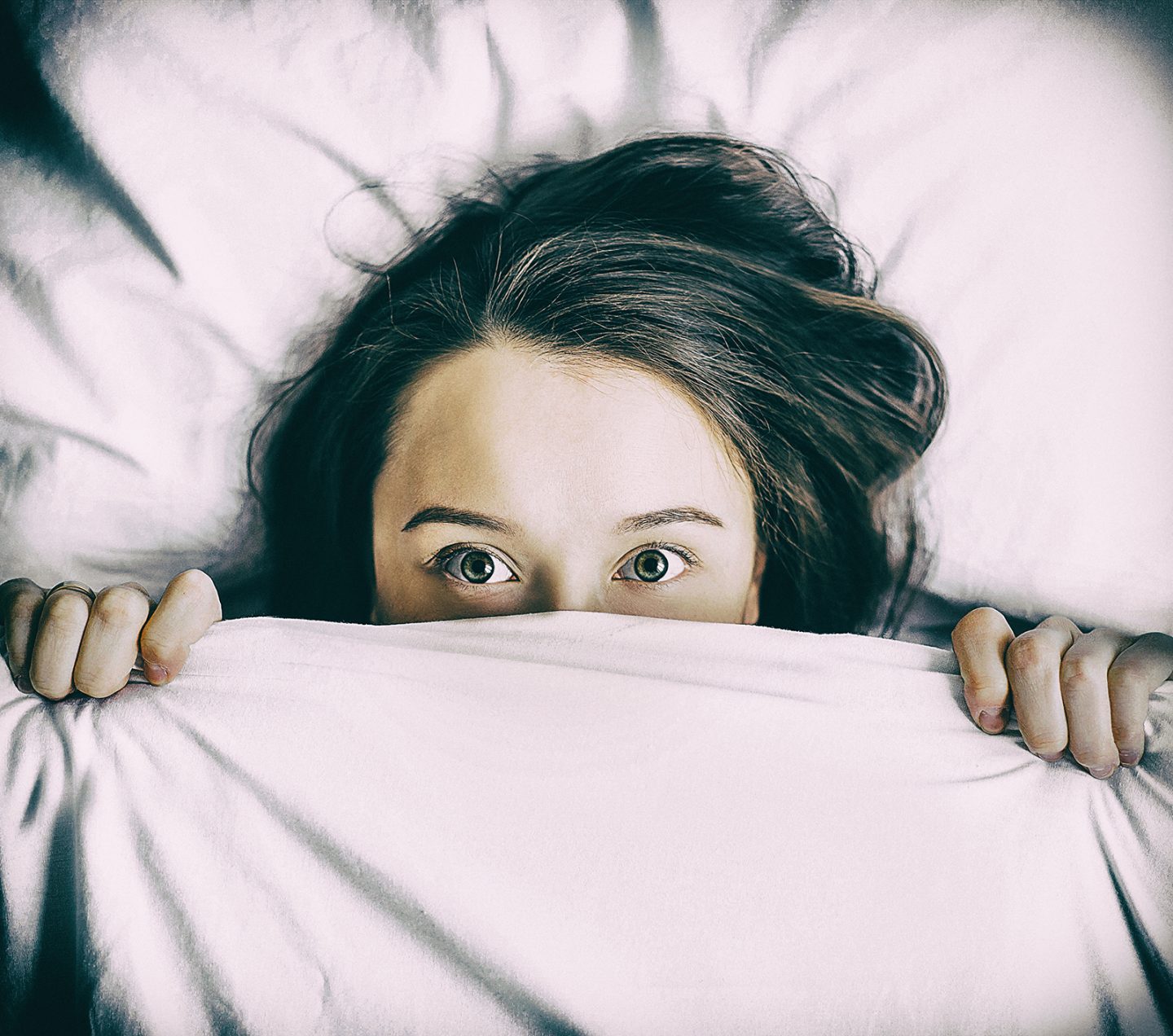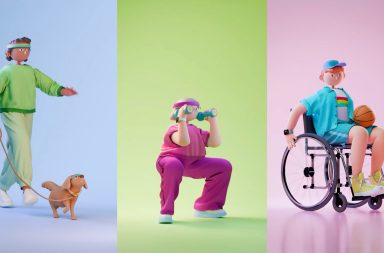Many new tools are becoming available to monitor your sleep or help you achieve better sleep: wearable watches and bands; “nearable” devices that you can place on your bed or nightstand; and apps that work by monitoring biometric data, noise and movement. They can remind you to start winding down, or generate a report on your night’s slumber.
But some sleep specialists caution that these apps and devices may provide inaccurate data and can even exacerbate symptoms of insomnia. Fiddling with your phone in bed, after all, is bad sleep hygiene. And for some, worrying about sleep goals can make bedtime anxiety even worse.
There’s a name for an unhealthy obsession with achieving perfect sleep: orthosomnia. It was coined by researchers from Rush University Medical School and Northwestern University’s Feinberg School of Medicine in a 2017 case study published in the Journal of Clinical Sleep Medicine.
Dr. Kelly Baron, one of the paper’s authors and the director of the University of Utah’s behavioral sleep medicine program, said that sleep trackers can be helpful in identifying patterns. She herself tracks her bedtime with a Fitbit. But she said she had noticed a trend of patients complaining based on unverified scores, even for things like the amount of deep sleep, which varies by individual.



